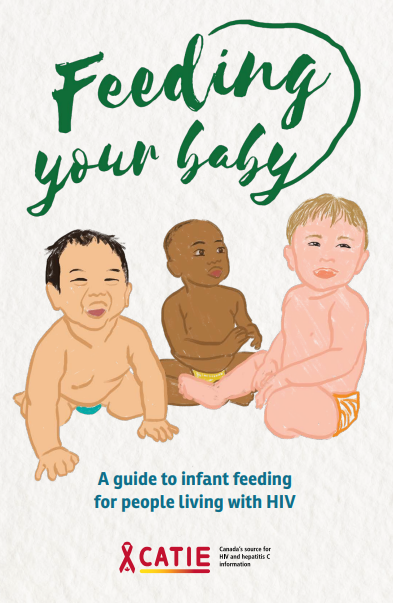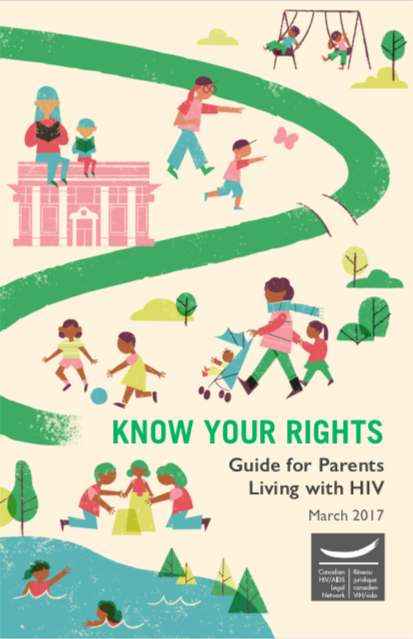HIV, Pregnancy & Parenting
Today, with advances in HIV treatment and care, people living with HIV in Canada can have healthy, HIV-negative babies.
HIV & Pregnancy: What You Need To Know
As part of Ontario’s pre-natal care, women are offered an HIV test. Testing early in pregnancy can substantially reduce the risk of transmitting HIV to the fetus. Sexually transmitted and blood borne infection (STBBI) testing can also be done at this time.
Cis and Trans women, Two-Spirit and Non-Binary people living with HIV can have healthy pregnancies and deliver healthy HIV- negative babies.
A Note about Hormonal Contraception
For HIV-positive women who are taking hormonal contraception, it is important to note that several HIV drugs interfere with the way some hormonal contraceptives work, and the contraceptive may not be as effective as usual. If possible, it is a good idea to consult with a doctor about what contraception will work best for you.
The earlier you get tested, the better the treatment outcomes. Maintaining an undetectable viral load during pregnancy is key to prevent spreading the HIV virus to the fetus.
Resources & Support
Support is important. Speak to a doctor with experience in HIV care before or early in your pregnancy so they can support you in your HIV treatment and care. Talking to other women living with HIV who have been through this experience can be helpful too.
More information to plan a healthy pregnancy:
HIV & Infant Feeding: What You Need To Know
Your healthcare provider can provide you with information on how to minimize the risk of transmitting HIV to your baby, whether you chose formula and chest / breastfeeding. Canadian Pediatric Guidelines recommend that mothers living with HIV formula-feed their baby. Your healthcare provider can also connect you to counselling to support you with infant feeding options.
If you choose to breast/chestfeed your baby, it is important to understand that HIV can be transmitted to your baby, even if you have an undetectable viral load. Regular follow-up visits with your healthcare specialist to monitor your health and test your viral load are crucial. Your baby may also be prescribed HIV medication to reduce their risk of contracting HIV.
More comprehensive information on HIV & infant feeding:
HIV Disclosure & Children: For Parents Living With HIV
HIV-positive women have the choice to disclose their HIV status to their children as well as anyone in their children’s lives (schools, babysitters, friends, etc.) This can be a complicated decision, but there are helpful resources that provide support.
More information on Disclosure & Children:
Community Voices
Our work is always informed by the lived experiences of women.


“[My medical team was] amazingly patient and kind and comforting and understanding […] and that’s what you need… even HIV aside, just being pregnant.”
Featured Resources From WHAI
Find a WHAI Coordinator Near You
You can connect with a WHAI Coordinator through community organizations across Ontario.



